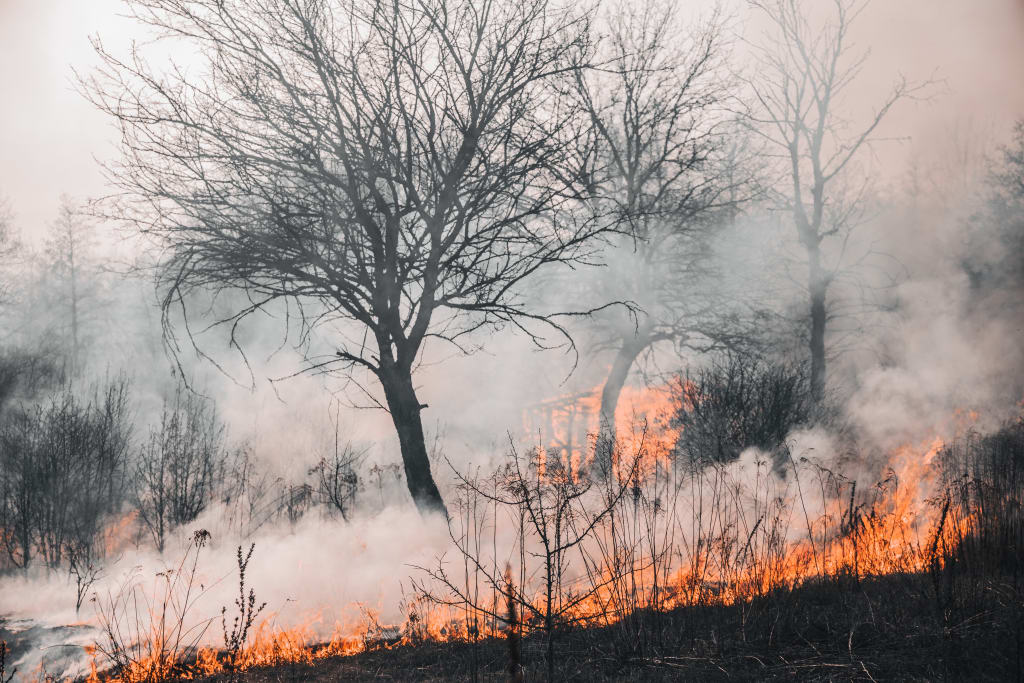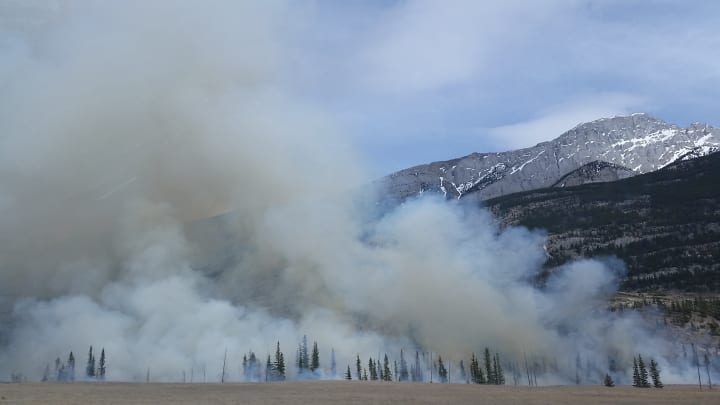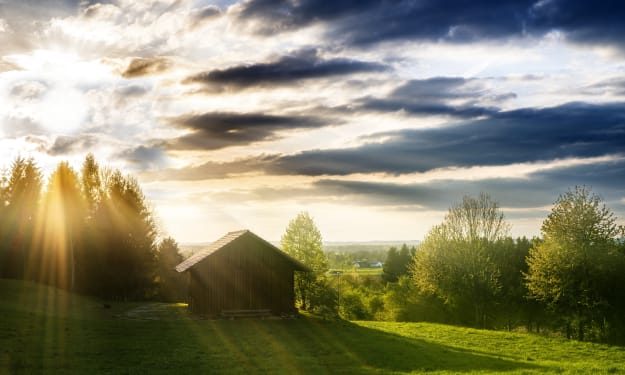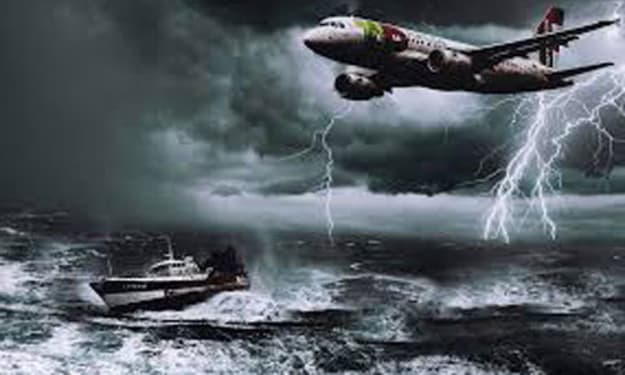
Introduction:
Wildfires, also known as forest fires or bushfires, are uncontrollable and devastating events that ravage vast areas of land across the globe. They occur naturally as part of the Earth's ecological processes, playing a crucial role in maintaining ecosystems, but have become increasingly destructive due to human activities and climate change. This article delves into the causes, impacts, and potential mitigation strategies for wildfires, emphasizing the importance of collaborative efforts to protect communities and preserve the environment.

I. The Causes of Wildfires:
Natural Causes:
Lightning Strikes: Approximately 90% of wildfires are ignited by lightning, which occurs during thunderstorms in dry regions.
Volcanic Eruptions: Volcanic activity can lead to wildfires when hot lava or volcanic ash ignites surrounding vegetation.
Spontaneous Combustion: Decomposing organic matter, such as peat or compost, can generate enough heat to spark a wildfire.
Human Causes:
Unattended Campfires: Improperly extinguished campfires are a common cause of wildfires, especially in recreational areas.
Arson: Intentional acts of arson can lead to devastating wildfires, endangering lives and property.
Equipment Sparks: Industrial activities, such as construction or machinery use, can produce sparks that ignite dry vegetation.
Careless Behavior: Discarding lit cigarettes or burning debris without proper precautions can trigger wildfires.
II. The Impacts of Wildfires:
Environmental Impacts:
Habitat Destruction: Wildfires can lead to the destruction of wildlife habitats, resulting in displacement and endangerment of species.
Air Quality: Wildfire smoke releases harmful pollutants and particulate matter, affecting air quality and exacerbating respiratory issues.
Carbon Emissions: Massive amounts of carbon dioxide are released during wildfires, contributing to climate change and global warming.
Soil Erosion: The loss of vegetation can lead to increased soil erosion, affecting water quality and contributing to sedimentation in water bodies.
Social and Economic Impacts:
Loss of Lives and Property: Wildfires can directly threaten human lives and lead to the destruction of homes, infrastructure, and communities.
Displacement and Trauma: Evacuations and displacement due to wildfires can cause emotional distress and disrupt people's livelihoods.
Healthcare Costs: Wildfire-related health issues result in increased medical expenses and strain on healthcare systems.
Economic Losses: Impacts on agriculture, tourism, and other industries can lead to significant economic losses for affected regions.
III. Wildfire Mitigation and Prevention:
Fire Management Techniques:
Prescribed Burning: Controlled burns are deliberately set during the cooler months to reduce fuel loads and prevent more severe wildfires during hotter, drier periods.
Fuel Breaks: Creating firebreaks by clearing vegetation can prevent the spread of wildfires between different areas.
Early Detection Systems: Implementing advanced monitoring and surveillance technologies helps detect wildfires at their earliest stages for prompt response.
Land Use Planning:
Zoning Regulations: Implementing building codes and zoning regulations in fire-prone areas can reduce the risk of wildfire damage to properties.
Defensible Space: Encouraging homeowners to create defensible spaces around their properties, by clearing flammable vegetation, can help protect structures.
Community Preparedness:
Education and Awareness: Educating communities about wildfire risks, prevention measures, and evacuation procedures is crucial for preparedness.
Emergency Response: Well-coordinated emergency response plans can save lives and minimize property damage during wildfire events.
IV. The Role of Climate Change:
Increasing Wildfire Frequency and Intensity:
Hotter and Drier Conditions: Rising temperatures and prolonged droughts create favorable conditions for wildfires to spread rapidly.
Longer Fire Seasons: Climate change is extending the duration of wildfire seasons, leading to more frequent and severe events.
Feedback Loops:
Carbon Feedback: Wildfires contribute to climate change through the release of carbon dioxide, creating a self-reinforcing cycle.
V. Collaborative Solutions:
International Cooperation:
Sharing Expertise: Countries with experience in wildfire management can collaborate with regions facing increasing wildfire threats.
Resource Sharing: Pooling resources, such as firefighting equipment and personnel, can enhance global wildfire response capabilities.
Interdisciplinary Research:
Understanding Wildfire Dynamics: Collaborative research among ecologists, meteorologists, and climatologists is vital for comprehending wildfire behavior and predicting its spread.
Community Engagement:
Local Involvement: Engaging local communities in wildfire mitigation efforts fosters a sense of responsibility and ownership in protecting their environment.
Conclusion:
Wildfires pose a significant and escalating threat to communities, ecosystems, and the global climate. Understanding the causes, impacts, and potential solutions is crucial in developing effective strategies for wildfire mitigation and prevention. Collaborative efforts, from local to international levels, are essential to address this pressing challenge and safeguard the Earth from the destructive force of wildfires. Through a collective commitment to sustainable practices and climate action, we can minimize the impact of wildfires and create a safer, more resilient future for generations to come.
About the Creator
Anaz
Earth Related Topics
Green Earth: Nurturing Our Planet for a Sustainable Future






Comments (6)
Amazing story
Awesome 👍
Hii bro
Anaz, Again, thank you. Here in Australia bush fires regularly get out of control. Fire fighters seriously injured or lose their lives. Just because the government cuts costs. Again, thank you, Diane.
This would make a great lecture review for an Earth and Space science class.
Forest fires are common in many countries but in our country (Indonesia) they are deliberately burnt to clear new land and plant trees for personal use.